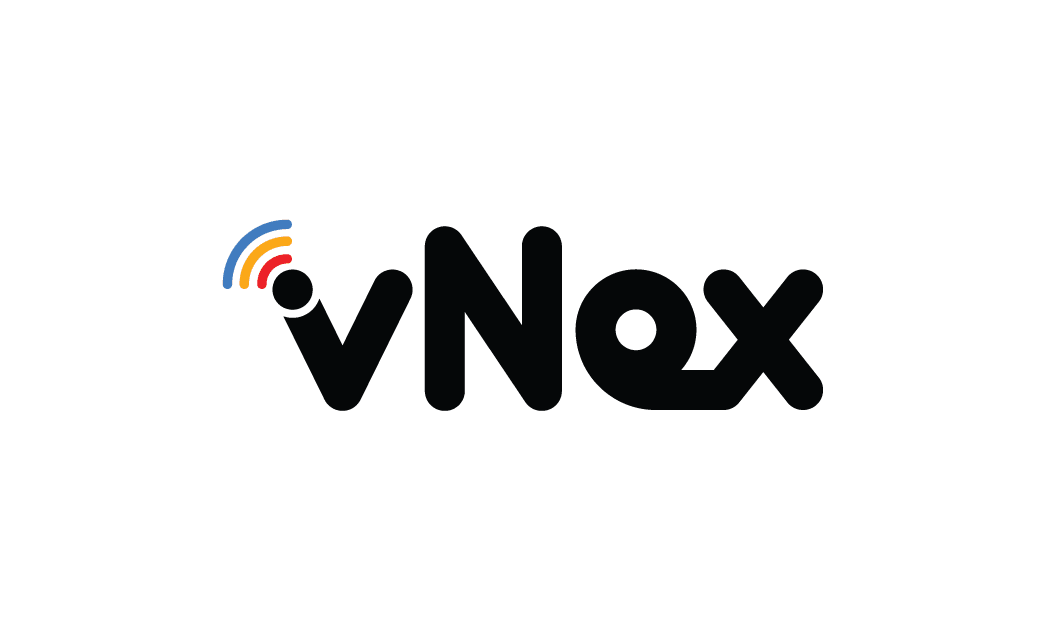Bridging Communication Eras
Just as businesses evolve, so do the technologies that drive communication and collaboration. Choosing the right business phone system can be a critical strategic decision. In this blog, we compare the legacy of traditional PBX (Private Branch Exchange) systems with the dynamic Cloud IP PBX solutions, revealing the key differences and the advantages of the modern cloud-based model.
Infrastructure Evolution
Traditional PBX relies on hardware housed on-site, including servers, wiring, and other equipment. This infrastructure requires a dedicated physical space and substantial investment in hardware and real estate.
Cloud IP PBX, however, is hosted remotely via the cloud, accessible through software, and requires no physical infrastructure on business premises. This approach eliminates the need for costly hardware and provides businesses the flexibility to scale as needed.
Cost Considerations
Traditional PBX systems come with significant upfront costs for hardware, installation, and ongoing maintenance. Expansions often require additional equipment, increasing the financial burden.
Cloud IP PBX operates on a subscription model with minimal upfront investment. Businesses pay a predictable monthly fee that covers advanced features, support, and updates. There are no unexpected hardware expenses, making cloud systems more cost-efficient.
Scalability and Flexibility
Traditional PBX systems are limited in scalability, requiring substantial investments to add new lines or features. Upgrading is often disruptive and costly.
Cloud IP PBX offers seamless scalability. New lines, features, or capabilities can be added effortlessly through an online portal. The cloud-based model allows businesses to expand or adjust their communications infrastructure without the high costs and downtime associated with traditional systems.
Maintenance and Updates
Traditional PBX requires on-site manual maintenance and updates, often causing downtime and demanding significant IT resources.
Cloud IP PBX is maintained remotely by the service provider, with updates and maintenance performed automatically, eliminating downtime and reducing the burden on IT staff.
Accessibility and Remote Work
Traditional PBX systems are designed for in-office use, limiting remote access and mobility. Remote workers often lose access to key features, and collaboration can be challenging.
Cloud IP PBX supports remote work seamlessly, providing full access to business phone systems from anywhere with an internet connection. Features like call transfer, voicemail, conferencing, and instant messaging are available on mobile apps and desktops, making it ideal for distributed teams.
Advanced Features for the Modern Enterprise
Traditional PBX systems are limited to basic telephony features such as call forwarding and transfer.
Cloud IP PBX includes a suite of advanced features like auto attendants, interactive voice response (IVR), visual voicemail, conferencing, call recording, and mobile integration, allowing businesses to improve collaboration and productivity.
Rapid Deployment
Traditional PBX systems require weeks or months to deploy due to the need for on-site installation and complex configurations.
Cloud IP PBX can be deployed in hours or days with no physical setup. Its rapid deployment ensures businesses can transition without prolonged downtime.
Customization and Integration
Traditional PBX offers limited customization and struggles with integrating modern software tools, resulting in communication bottlenecks.
Cloud IP PBX is highly customizable and integrates easily with CRM, helpdesk, and other business applications. This open architecture enhances productivity by streamlining workflows and eliminating information silos.
Reliability and Redundancy
Traditional PBX systems are vulnerable to hardware failure, often resulting in significant downtime.
Cloud IP PBX operates on distributed, redundant infrastructure, ensuring continuous operation even in the event of component failures. This reliability makes cloud solutions a sound investment in business continuity.
Conclusion
The comparison between traditional PBX systems and Cloud IP PBX highlights the clear advantages of modern cloud-based communication platforms. For businesses seeking flexibility, scalability, cost-efficiency, and enhanced remote access, Cloud IP PBX is the future of enterprise communication. The reliability and advanced features of cloud-based systems provide a strategic edge over legacy PBX models, making it the platform of choice for businesses looking to stay ahead in a rapidly evolving digital landscape.





















